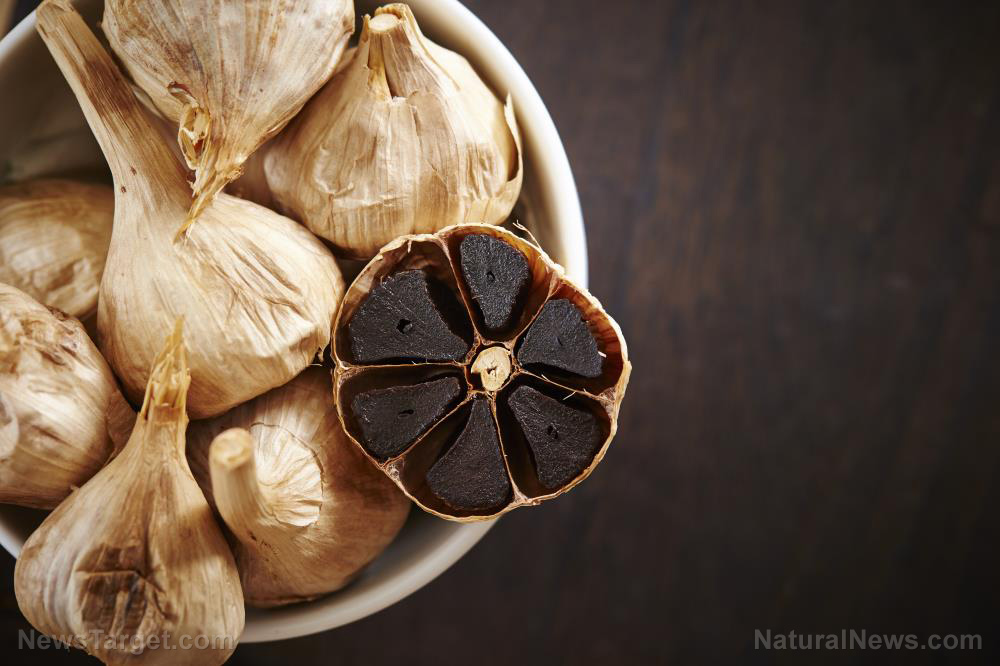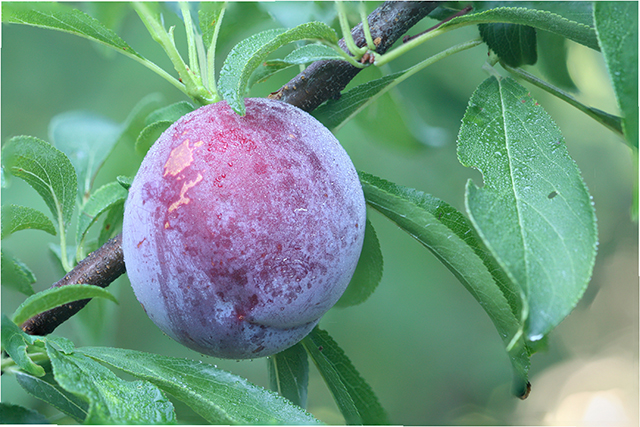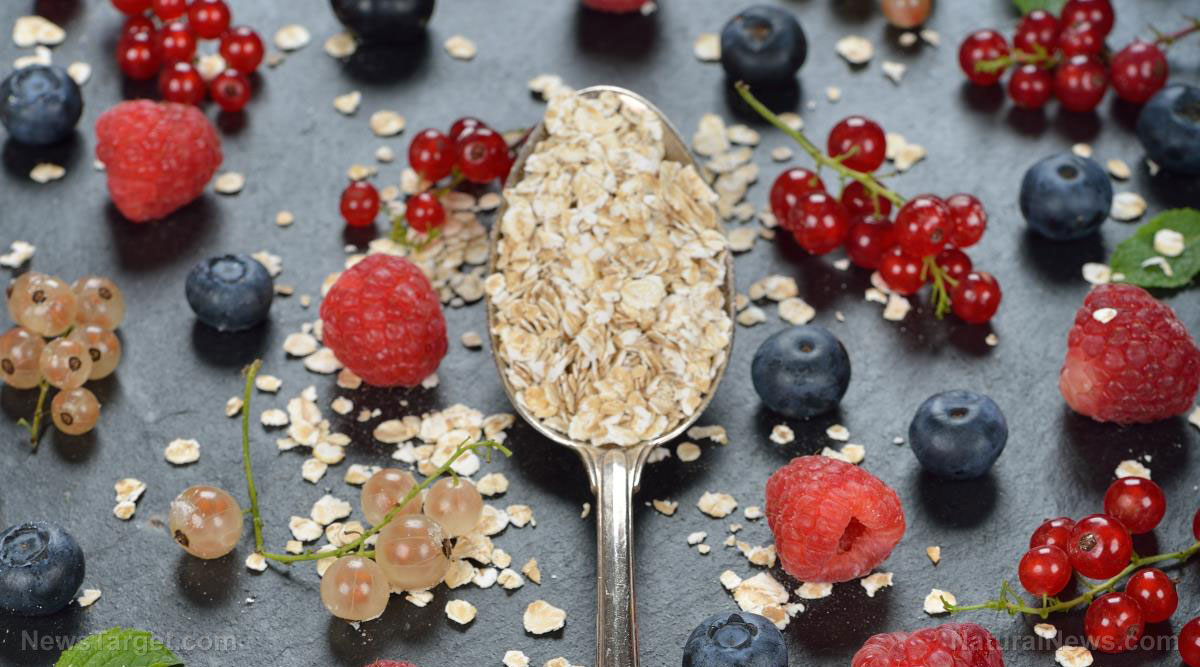For heart, health, AND happiness: Eat 10 or more servings of fresh fruits and veggies daily for emotional well-being
06/16/2019 / By Edsel Cook

Depressed people in need of a natural way to boost their mood for extended periods should try increasing the amounts of fruits and vegetables they eat every day. U.K. researchers reported that adding 10 or more servings of plant-based foods to the daily dietary intake of a person significantly improved his or her mental well-being.
In a recent study, participants who ate more fresh foods experienced the same level of happiness as an unemployed person who finally got a job. The opposite also held: If people suddenly stopped eating fresh fruits and vegetables, they experienced the same level of anxiety and depression as a person who recently lost his or her spouse.
“Our findings provide further evidence that persuading people to consume more fruit and vegetables may not only benefit their physical health in the long run, but also their mental wellbeing in the short run,” said lead researcher Neel Ocean of the University of Leeds. One of the co-authors of the study, he published these findings in the journal Social Science Medicine. (Related: Eat a healthy breakfast every day to reduce your risk of Type 2 diabetes, advise researchers.)
Eating 10 servings of fruits and veggies boosts mood and mental health
The Leeds researchers acquired data on the number of fruits and vegetables consumed by a cohort of 50,000 people from 2010 to 2017. They also evaluated information on the mental well-being of the participants.
Participants shared the number of portions of fresh produce they consumed each day or each week. A cup of raw vegetables, half a cup of cooked veggies and a piece of fruit each counted as an individual portion.
They also accomplished a separate survey that measured their level of happiness and the value they assigned to themselves. The second questionnaire also sought to determine if a participant felt any anxiety.
Ocean reported that the mental health of the participants benefited from the fruits and vegetables. Eating more fresh produce led to more significant improvements in the mood of the subjects.
Furthermore, he warned that people who stopped eating plenty of fruits and vegetables developed significant levels of emotional distress. He said that reducing the intake of fresh produce by five portions affected mental health in the same way as getting diagnosed with a chronic disease.
Beans, oranges, spinach, and other fresh foods contained antioxidants that reduced inflammation linked to depression. They also had complex carbohydrates that increased serotonin levels in the brain.
Improve your mood further by taking lots of physical exercises
Another experiment – this one conducted by researchers from the University of Manchester – came up with similar results. When combined with sufficient amounts of physical activity, a healthy diet reduced the risks of depression by a large margin.
After evaluating nearly 46,000 subjects, the Manchester study showed that mental health benefited from a diet with plenty of vegetables and low amounts of fast food. Furthermore, it found that the benefits applied to people who switched to eating healthier foods for reasons other than improving their mood.
Participants brought up several reasons as to why they began to eat more plant-based products and less junk food. Some of them wanted to lose weight, while others desired to get more nutrients from their diet. The benefit to their moods proved to be a welcome side benefit of their healthier diet.
The positive effects on mental health received further improvements when the participants increased their levels of physical activity. The Manchester researchers said that the impact of taking a 10-minute-long walk each day for four weeks produced the same mood-improving effects as consuming an additional serving of berries, greens, or salad over the same period.
Sources include:
Tagged Under: alternative medicine, Anxiety, cardiovascular health, depression, exercise, fitness, food cures, food is medicine, Fresh, fruits, functional food, happiness, healthy diets, heart health, mental health, mood boosters, organics, prevention, remedies, slender, vegetables, Veggies, weight loss
RECENT NEWS & ARTICLES
FoodCures.News is a fact-based public education website published by Food Cures News Features, LLC.
All content copyright © 2018 by Food Cures News Features, LLC.
Contact Us with Tips or Corrections
All trademarks, registered trademarks and servicemarks mentioned on this site are the property of their respective owners.


















